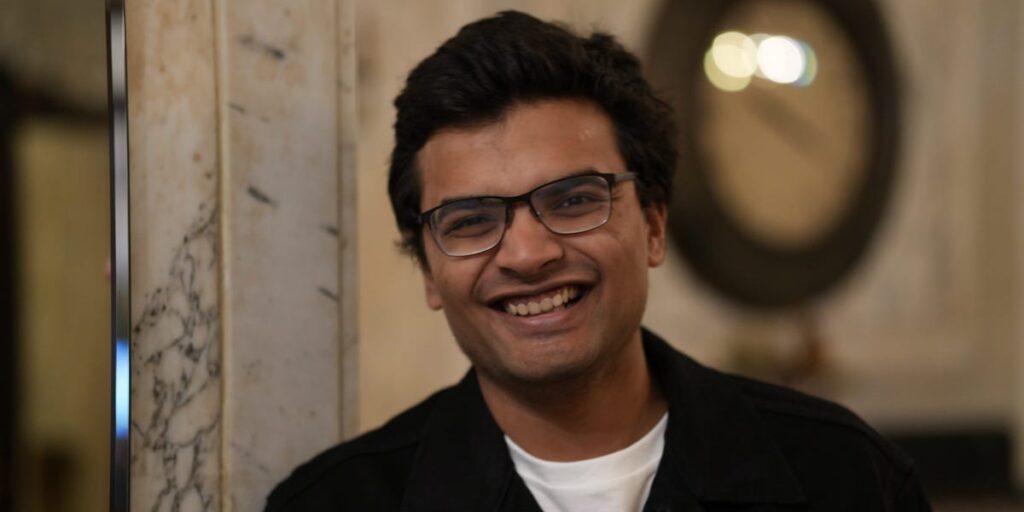This as-told-to essay is based on a conversation with Advait Maybhate, a software engineer. The following has been edited for length and clarity. Business Insider has verified his employment and academic history.
When I graduated from the University of Waterloo with my bachelor’s degree in 2023, I had done about a dozen tech internships.
Internships are a big deal at Waterloo, and students usually do six during their time there. I started doing internships before I enrolled and took some gap semesters to squeeze in a couple more stints.
To me, internships meant exploring varied fields, from gaming to fintech. I also got to intern at companies of different scales, from early-stage startups to mature Big Tech companies.
The first summer internship I did at Waterloo was at Google. Interning there was an eye-opening experience. I got to work on Google Search, a product that billions of people, including myself, use every single day.
When I took up the internship, like any freshman, I just thought it would be cool to work at a big company and ship big products. I ended up interning at Google twice, first in the summer of 2019, and then during the following summer in 2020.
During my internships at Google, I learned a lot, particularly about operating as a software engineer on large-scale products. That included learning how to write unit tests and good technical design documents. Big companies are great at that.
That said, I didn’t enjoy the bureaucracy that came with working in a Big Tech company. If you are shipping something on Google Search, you cannot break Google Search. That is just one of the underlying rules.
I understand why things have to be slow at that scale. It’s just that for someone who wants to learn fast and try out different things, it can feel limiting.
Even for my internship projects, it took a few months just for the code to get shipped. Although the projects were technically done, we still had to conduct A/B testing experiments and get sign-offs before the code could be deployed.
Going from Big Tech to startups
That experience eventually set me on the path toward working at startups. I chose to focus on AI because I wanted to be at the edge of what technology can do.
I was initially an AI skeptic. I didn’t buy into the hype of how it could change everything. It was only when I started using AI on a day-to-day basis that I began to appreciate how it could usher in a fundamental shift in the way we work.
It also helps that working on AI is fun and exciting. There are new advancements in space every week, and the frontier of what we can do just keeps going further.
I ended up doing two internships at two AI startups before I graduated. The first one was at Warp, an AI agent platform for developers, and the second one was at Ramp, a fintech startup that uses AI to automate financial operations.
I received full-time offers from both Warp and Ramp and chose to work at Warp. Both were great companies, but I wanted to work at Warp because I wanted to be part of a startup that was in a relatively early stage of development.
Ramp was at a much more mature stage than Warp at the time, and was focused on scaling up. Warp, on the other hand, was still trying to figure things out. On a personal level, I wanted to see how a startup goes through that process. I wanted to grapple with questions like, “How does pricing work? How does the business model work?”
That is harder to see at a mature startup, where all of these things have already been figured out and growth is the priority.
So far, working at Warp for the past two years has lived up to my expectations. We ship code every week. I could be working on something on Tuesday, and it gets shipped out on Thursday. I work maybe 60 to 70 hours a week. It’s a very different kind of velocity and cadence than at Big Tech.
In the near term, I want to continue to work on AI because it’s one of the most rapidly expanding areas in tech. Companies like Warp and its competitors, Cursor and Cognition, are all expanding very rapidly.
I am somewhat tempted to launch my own startup, but I think it’s difficult to gain market share in this hyper-competitive space. That’s something I will give serious thought about in the future.
Do you have a story to share about working at an AI startup? Contact this reporter at ktan@businessinsider.com.
Read the full article here


